Where are we based?
Jinrui Qu - Hangzhou, China
Xiaoyang Song - Sydney, Australia
Where are we based?
Jinrui Qu - Hangzhou, China
Xiaoyang Song - Sydney, Australia
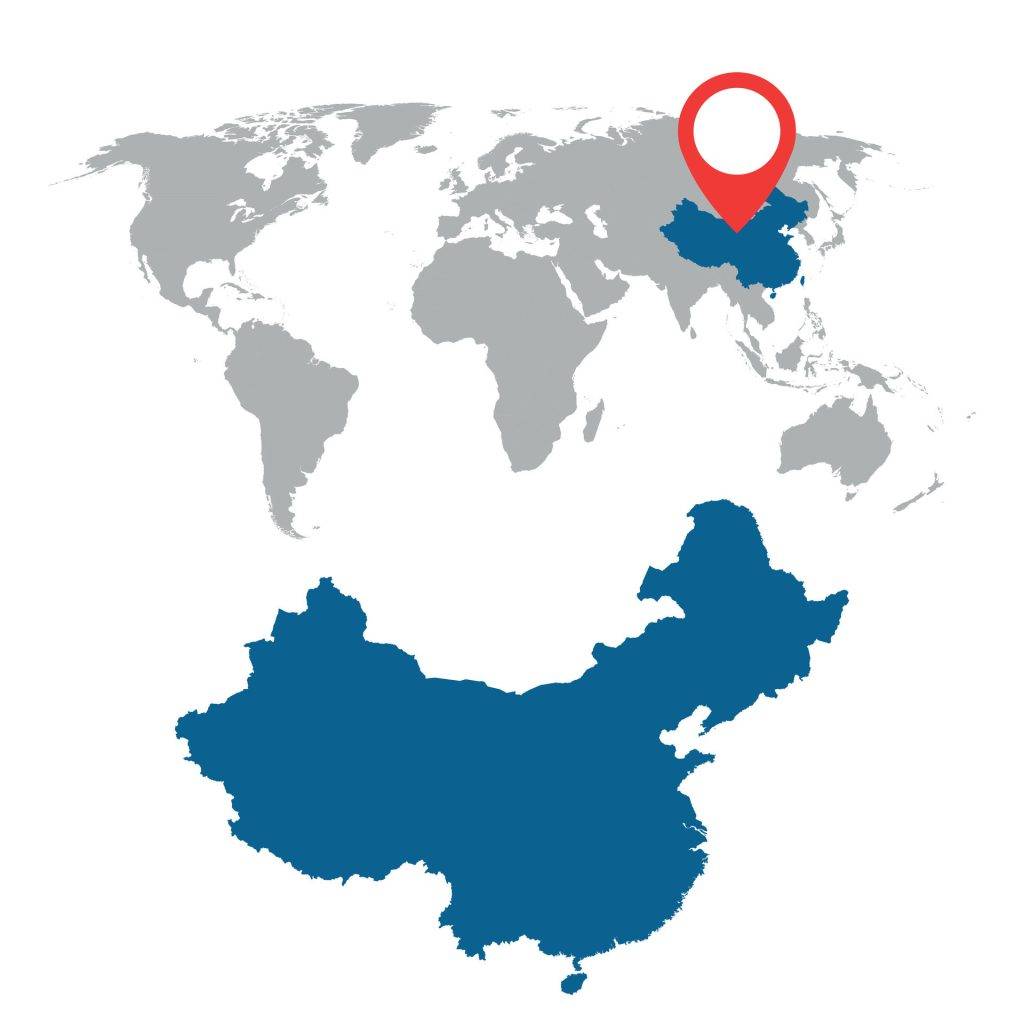
Without Google Map, six navigation apps you must have to survive in mainland China
If you’re planning a trip to China, one of the first things you’ll likely think about is how to get around. In most countries, Google Maps is the go-to tool for navigation, but in China, things work a bit differently. Due to government restrictions, Google Maps and other Google services are blocked unless you use a VPN (Virtual Private Network). While this might be a hassle, don’t worry—China has its own set of map apps that are just as good, if not better, for navigating the country. In this guide, we’ll walk you through some of the best alternatives to Google Maps in China, how to install them, and why we recommend one in particular.
Before diving into the alternatives, it’s important to understand why Google Maps isn’t readily available in China. The Chinese government has strict regulations on internet content, and many Western services, including the entire Google suite, are blocked. To access these, you’d need to use a VPN, which essentially tricks the internet into thinking you’re browsing from outside of China. However, using a VPN can be tricky, and they don’t always work consistently. Plus, it’s one more app to deal with. So, if you want to avoid the hassle, it’s better to go for one of the local map apps, which are designed to work seamlessly in China.
So, what are your options if you can’t use Google Maps? Fortunately, there are several excellent map apps that will help you get around with ease. The four main ones are Apple Maps, Amap (高德地图), Tencent Maps (腾讯地图), and Baidu Maps (百度地图). So let’s take a closer look at what they offer.
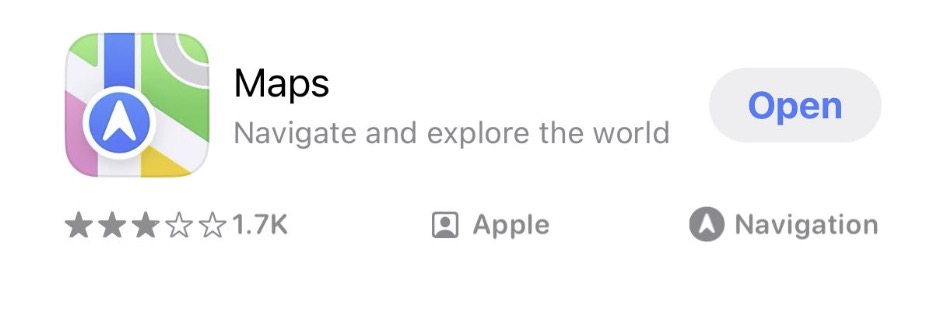
– Basic Info: Apple Maps is available on all iOS devices and works in China without the need for a VPN.
– Key Features: The app offers detailed maps, turn-by-turn navigation, and a clean, user-friendly interface. It’s very similar to Google Maps in design and functionality, making it a great choice for those who are already familiar with Apple’s ecosystem.
– Why It’s Great: Apple Maps integrates well with other Apple services, such as Siri and Apple Watch. It’s also optimized for English speakers, making it easier to use if you don’t speak Chinese. The search results are more accurate when you’re looking for places using English names.
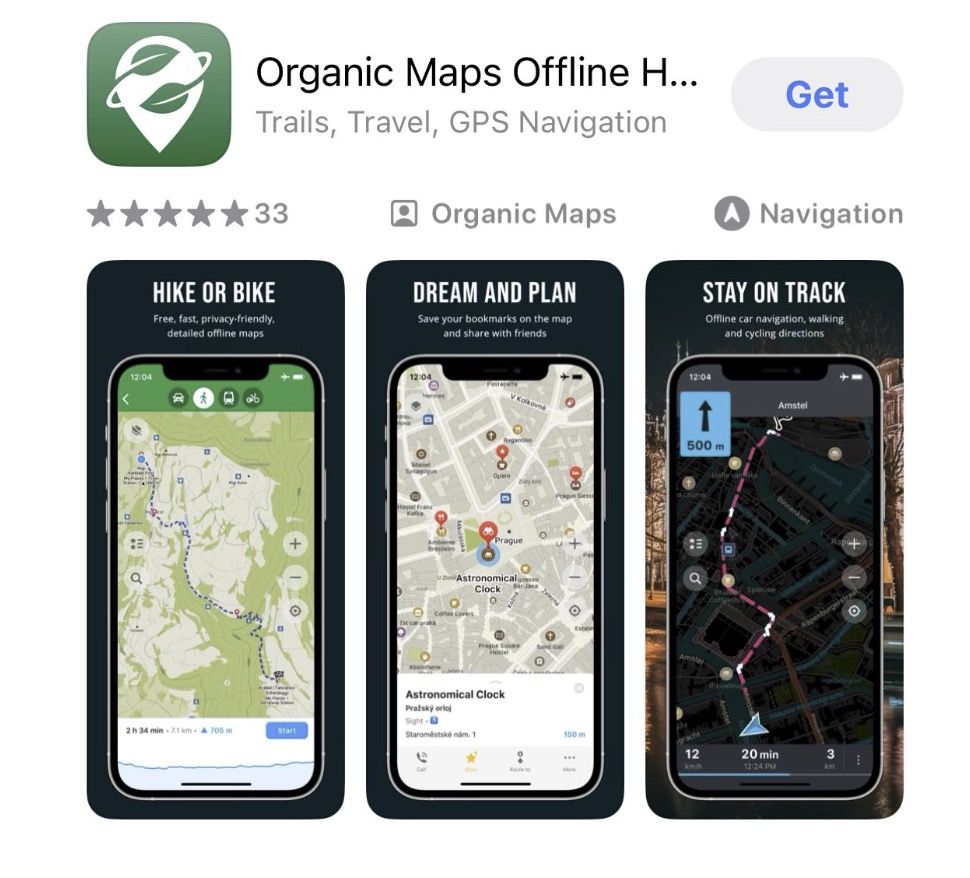
– Basic Info: Organic Maps is an open-source map app that’s particularly strong for offline navigation, hiking, and biking. It’s available on both iOS and Android platforms.
– Key Features: The app is completely offline, meaning you don’t need an internet connection to use it once you’ve downloaded the maps. It provides detailed topographic maps, including hiking and biking trails, which are great for outdoor activities.
– Why It’s Great: Organic Maps is ideal for travellers who plan to explore China. Its offline capabilities make it a reliable choice for remote areas.

– Basic Info: Bing Maps is Microsoft’s answer to Google Maps, but it’s important to note that Bing Maps does not have a dedicated mobile app. It’s only available as a web version, which you can access through your mobile browser.
– Key Features: Bing Maps provides decent mapping coverage in China, including road maps, aerial views, and driving directions. While not as feature-rich as some of the dedicated apps, it does offer basic navigation and search capabilities.
– Why It’s Great: Bing Maps can be a useful backup option if you’re looking for a web-based map service. Since it doesn’t require any downloads, it’s accessible as long as you have an internet connection. However, because it lacks a mobile app, it might not be as convenient for on-the-go navigation compared to the other options listed here. – Web link: https://www.bing.com/maps/
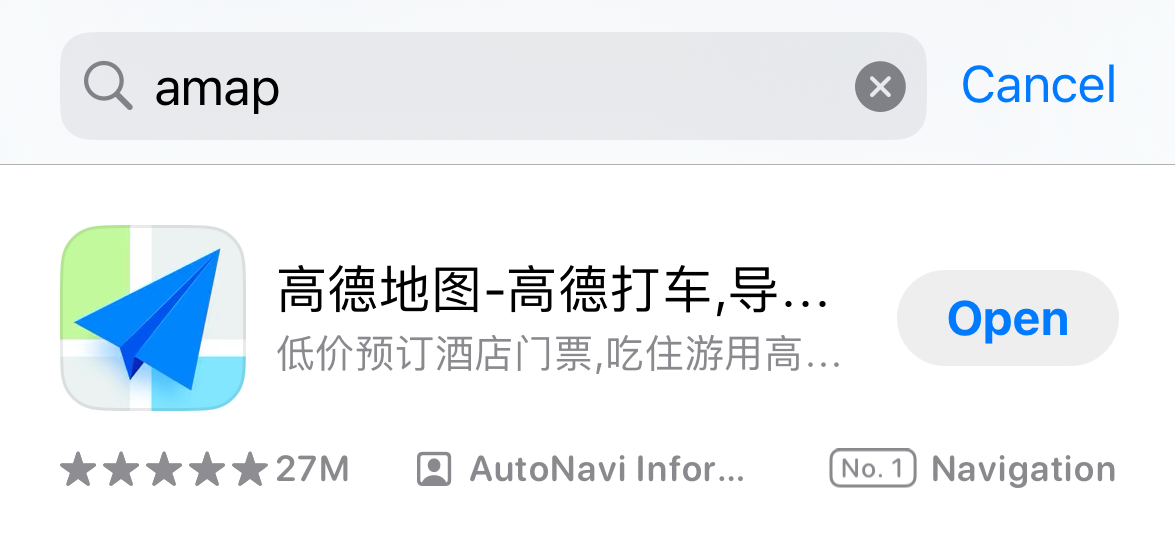
– Basic Info: Amap, also known as Gaode Maps, is one of the most popular map apps in China. It’s developed by Alibaba, the tech giant behind Taobao and Alipay.
– Key Features: Amap offers highly detailed maps, real-time traffic updates, and even public transport information. It’s particularly strong in urban areas, where its traffic data is second to none.
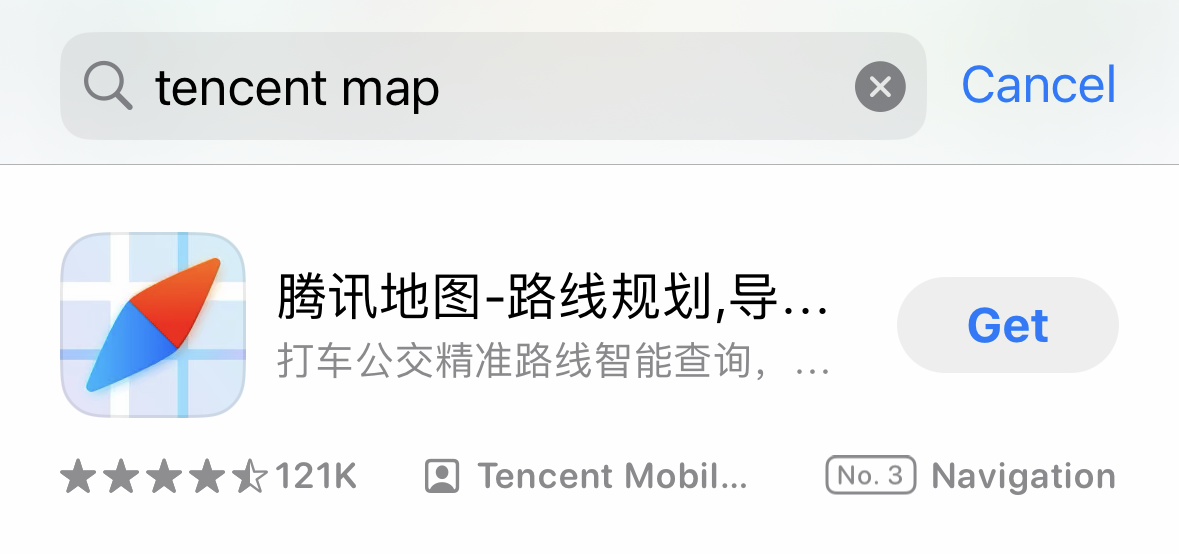
– Basic Info: Tencent Maps is another major player in the Chinese map app scene, developed by Tencent, the company behind WeChat.
– Key Features: Like Amap, Tencent Maps offers detailed maps, real-time traffic updates, and public transport routes. It also integrates well with WeChat, allowing you to share your location easily with friends.
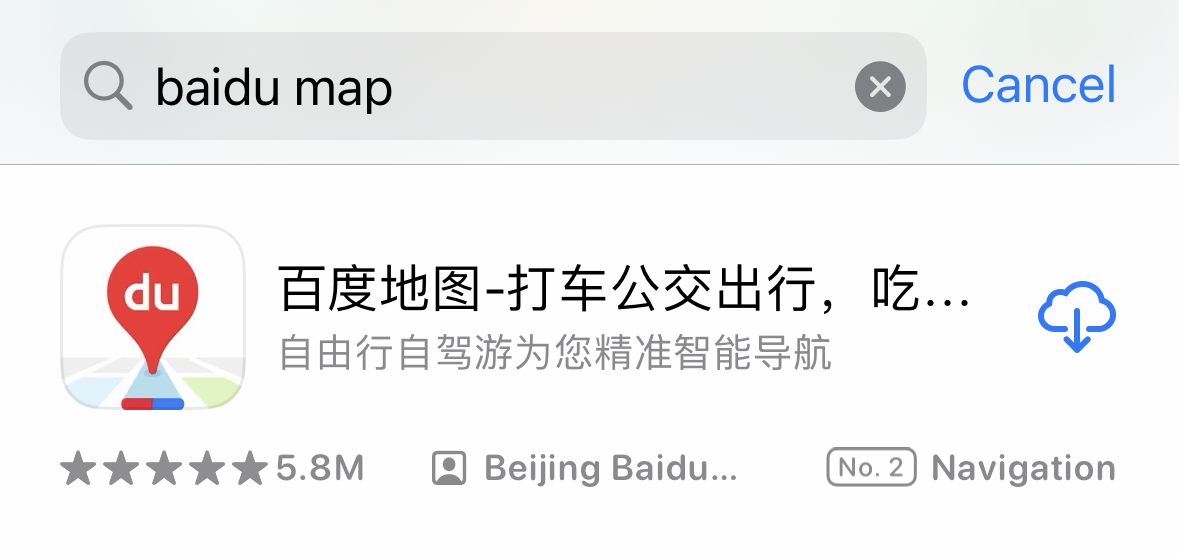
– Basic Info: Baidu Maps is developed by Baidu, often referred to as the “Google of China.” It’s the most widely used map app in the country.
– Key Features: Baidu Maps offers comprehensive coverage of China, including smaller towns and rural areas. It also provides walking, biking, and driving directions, as well as public transportation information.
When it comes to navigating China without Google Maps, your choice of map app may depend on the type of smartphone you’re using.

If you’re an iPhone user, Apple Maps is the most straightforward and convenient option.
Here’s why:
1. Seamless Integration with Apple Ecosystem: Apple Maps is pre-installed on all iOS devices, meaning you don’t need to download or configure anything extra. It integrates smoothly with other Apple services such as Siri, Apple Watch, and CarPlay, providing a unified experience across all your devices.
2. Familiar User Interface: Apple Maps shares a similar interface and functionality with Google Maps. This means if you’re accustomed to using Google Maps, you’ll find Apple Maps easy to navigate. The app offers turn-by-turn navigation, public transit information, and detailed maps—all in a layout that will feel familiar to you.
3. English-Friendly: The entire Apple Maps interface is available in English, including search results, place names, and directions. This makes it particularly user-friendly for non-Chinese speakers. Whether you’re searching for popular tourist spots or specific addresses, you’ll find Apple Maps to be reliable and easy to use.

For Android users, navigating China requires a bit more preparation. Since Apple Maps isn’t an option, you’ll need to download alternative apps from the Google Play Store before you leave your home country.
Here’s our advice: 1. Download Before Traveling: Since accessing the Google Play Store might be difficult in China without a VPN, it’s essential to download your map apps before departure. This ensures that you have everything you need ready to go once you arrive. 2. Primary Recommendation—Organic Maps: Organic Maps is an excellent choice for Android users, especially those who might find themselves in areas with limited internet access. It’s a fully offline app that provides detailed maps, including hiking and biking trails, making it perfect for both urban navigation and outdoor adventures. The lack of ads and tracking also makes it a user-friendly option focused on privacy. 3. Backup Option—Bing Maps: While Bing Maps does not offer a dedicated mobile app, it’s available as a web-based service that you can access through your mobile browser. Downloading maps or using the offline capabilities isn’t an option with Bing Maps, but it serves as a useful backup if you need basic map and navigation services on the go. Be sure to bookmark the Bing Maps webpage for easy access when needed.
Final Thoughts: Apple vs. Android in China
For Apple Users: Stick with Apple Maps for a hassle-free experience. Its familiarity, English support, and seamless integration with the Apple ecosystem make it the best choice for most travellers.
For Android Users: Prepare by downloading Organic Maps before your trip. Its offline capabilities and detailed mapping make it a versatile tool for all your navigation needs. Additionally, having Bing Maps bookmarked as a backup ensures that you’re covered even in the most unexpected situations.